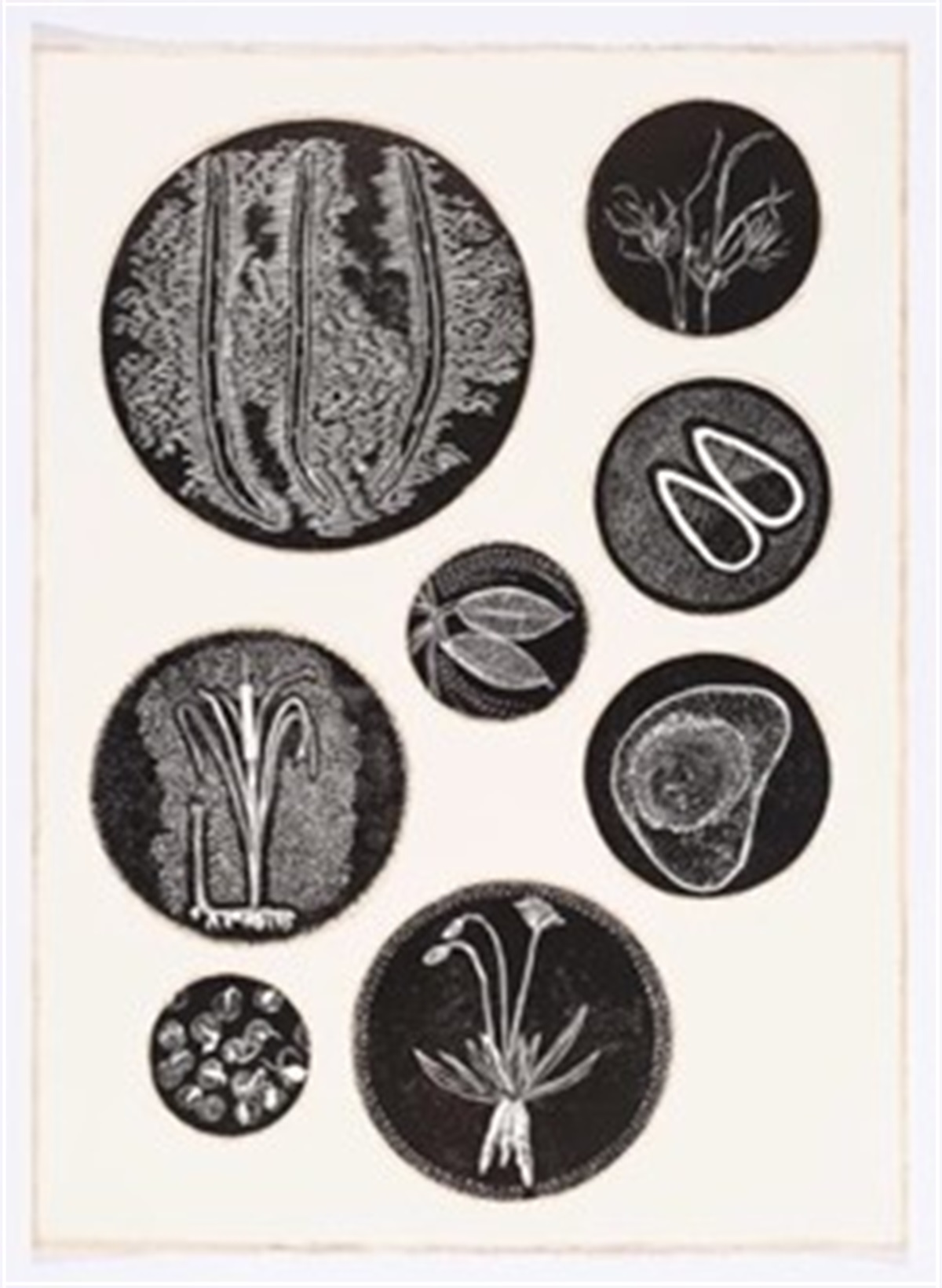The National Rural Health Alliance (the Alliance) applauds the latest initiative by the federal government to increase long-term funding of rural Commonwealth supported places (CSPs) and capital funding to attract more doctors to train and practise in rural, regional and remote Australia.
The Alliance is concerned about the alarming medical workforce shortage in rural areas and hopes this new initiative will improve rural medical intake and the education of the future medical workforce.
The Alliance calls for financial support for a co-designed local approach with local stakeholders to deliver medical education. This would enhance its rigour, clinical governance and multidisciplinary aspect that medical students, trainees and practitioners need in order to serve their communities.
“The funding over four years to deliver a permanent increase of 80 new medical CSPs a year from 2024, is a great start to support clinical schools in rural, regional and remote centres,” said Alliance Chief Executive Susi Tegen.
“Furthermore, increasing investment on rural medical school infrastructure has been a continuous advocacy focus for the Alliance and we welcome the new funding measures. We hope this includes the much-needed student and trainee housing, which is at present, is at crisis point.
“Students from rural communities often do not have the same opportunities as their urban counterparts, even though they are just as intelligent and hardworking. However, with additional CSPs and capital funding for expansion and new regional training facilities, more opportunities will open up to build their futures as rural doctors.
“We often see students of Indigenous backgrounds preferring to stay close to family and on Country. The new initiative would support such students to make easier choices in their medical careers and enable them to live and work in their own rural areas.
“If we wish to increase the number of rural medical practitioners, including Aboriginal and Torres Strait Islanders, we need to rethink of the ways we deliver education, training and long-term career support,” said Ms Tegen.
“We hope that funding would support mentoring and education, as costs and delivery needs in rural regions are higher than in cities,” she said.
“While welcoming the additional CSPs and capital funding, we look forward to continued engagement and planning with the government to relieve the current pressures we see in the rural health sector today,” added Ms Tegen.







